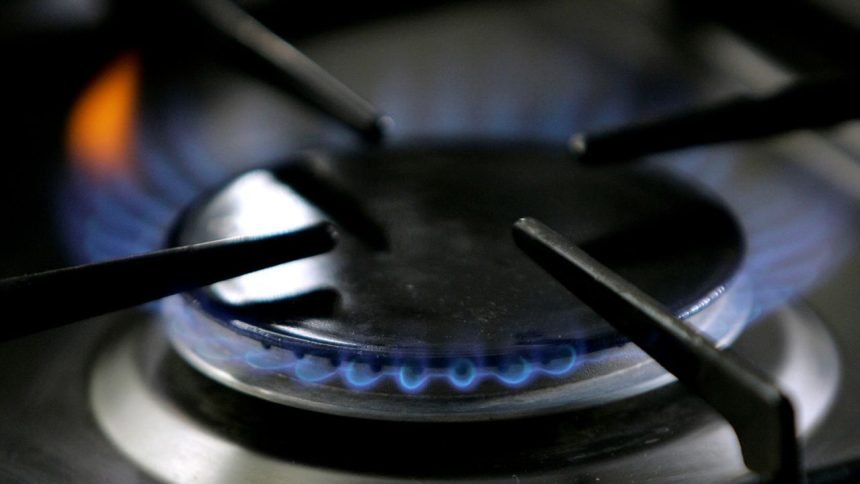New York state will delay its statewide mandate to build all-electric buildings, which was scheduled to go into effect on Jan. 1, 2026.
According to court papers obtained by Spectrum News, attorneys for the state agreed in a filing in U.S. District Court to delay implementation of the law until the Second Circuit U.S. Court of Appeals makes a ruling on the matter.
Known as the All-Electric Buildings Act, the legislation was tucked in the state budget in 2023 and bans new gas hookups in new buildings under seven stories starting Jan. 1. The mandate would apply to all other buildings constructed after Jan. 1, 2029.
Gas and construction trade groups sued to block the law two years ago, arguing it violates the federal government’s rules around how gas appliances are regulated.
With the Jan. 1 date fast approaching, the law has faced new scrutiny as of late over increased construction costs at a time of already limited affordable housing, as well as potential strain on a future electric grid. The New York Independent System Operator (NYISO) released a report in October indicating the state’s electric grid could have reliability issues in New York City, Long Island and the Hudson Valley within five years, due to greater burdens from cryptocurrency, data mining and a shift to electric energy over fossil fuels.
Those concerns have prompted calls to delay the All-Electric Buildings Act. Moderate Democrats state Assembly last month signed onto a letter asking Gov. Kathy Hochul to do just that. Republicans in the Legislature have long opposed the measure.
“The shortcomings of this plan were clear to Republicans from day one, and experts only added to those concerns, warning that the state was moving far too fast without the infrastructure needed to support such a sweeping mandate. As a result, we have an unaffordable, unreliable electric grid,” state Assembly Minority Leader Will Barclay said in a statement. “New Yorkers face enough burdens as it is, and removing natural gas, propane and oil as heating options would only drive costs higher. Families can’t afford another mandate that makes everyday life more expensive and less reliable.”











